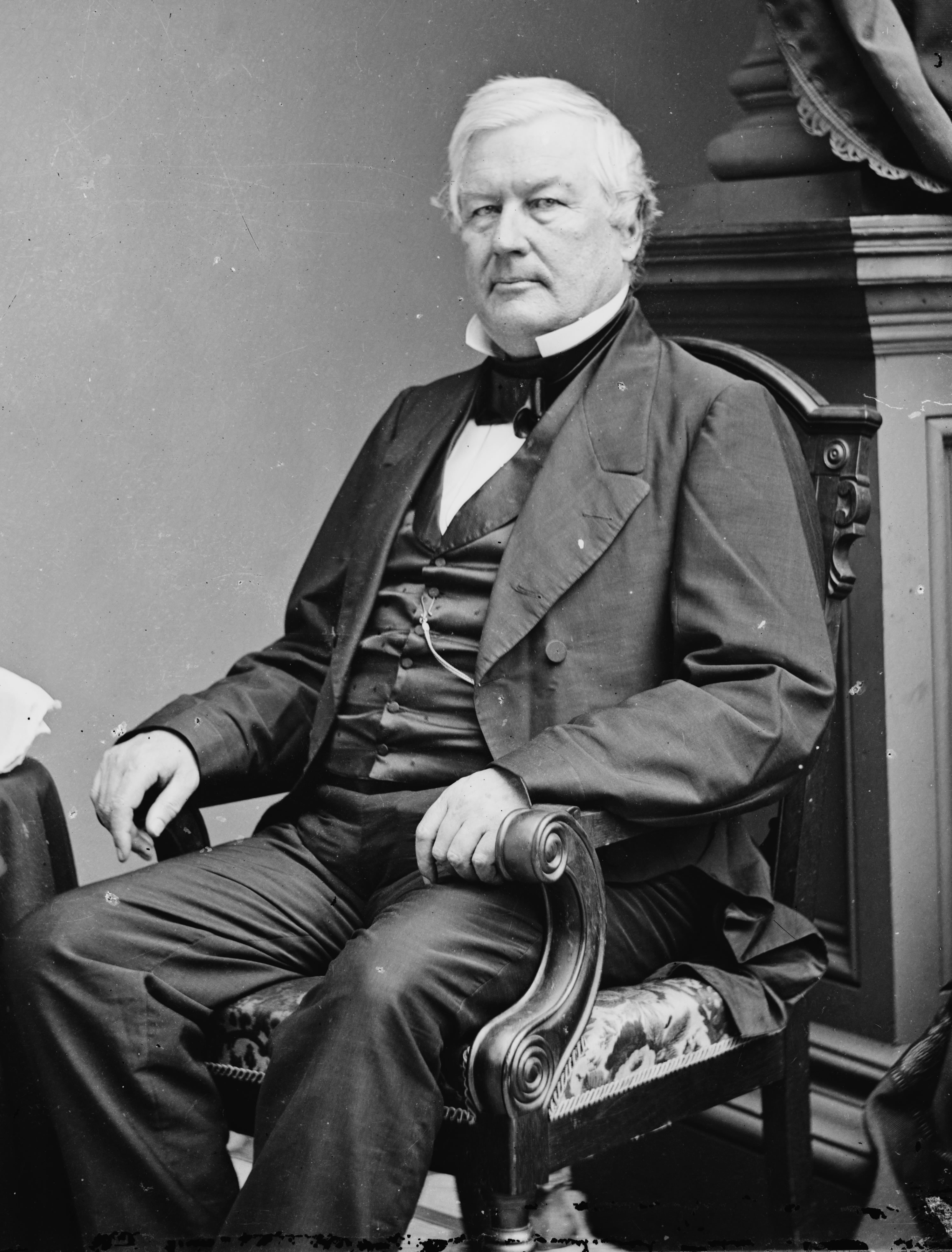1850s, Third Annual Message to Congress (1852)
Kontext: The whole country is full of enterprise. Our common schools are diffusing intelligence among the people and our industry is fast accumulating the comforts and luxuries of life. This is in part owing to our peculiar position, to our fertile soil and comparatively sparse population; but much of it is also owing to the popular institutions under which we live, to the freedom which every man feels to engage in any useful pursuit according to his taste or inclination, and to the entire confidence that his person and property will be protected by the laws. But whatever may be the cause of this unparalleled growth in population, intelligence, and wealth, one thing is clear — that the Government must keep pace with the progress of the people. It must participate in their spirit of enterprise, and while it exacts obedience to the laws and restrains all unauthorized invasions of the rights of neighboring states, it should foster and protect home industry and lend its powerful strength to the improvement of such means of intercommunication as are necessary to promote our internal commerce and strengthen the ties which bind us together as a people.
It is not strange, however much it may be regretted, that such an exuberance of enterprise should cause some individuals to mistake change for progress and the invasion of the rights of others for national prowess and glory. The former are constantly agitating for some change in the organic law, or urging new and untried theories of human rights. The latter are ever ready to engage in any wild crusade against a neighboring people, regardless of the justice of the enterprise and without looking at the fatal consequences to ourselves and to the cause of popular government. Such expeditions, however, are often stimulated by mercenary individuals, who expect to share the plunder or profit of the enterprise without exposing themselves to danger, and are led on by some irresponsible foreigner, who abuses the hospitality of our own Government by seducing the young and ignorant to join in his scheme of personal ambition or revenge under the false and delusive pretense of extending the area of freedom. These reprehensible aggressions but retard the true progress of our nation and tarnish its fair fame. They should therefore receive the indignant frowns of every good citizen who sincerely loves his country and takes a pride in its prosperity and honor.
